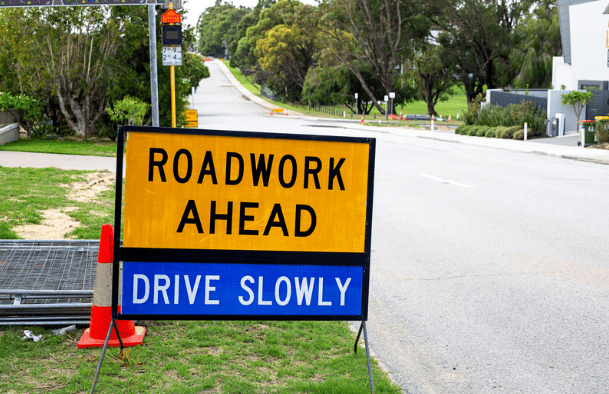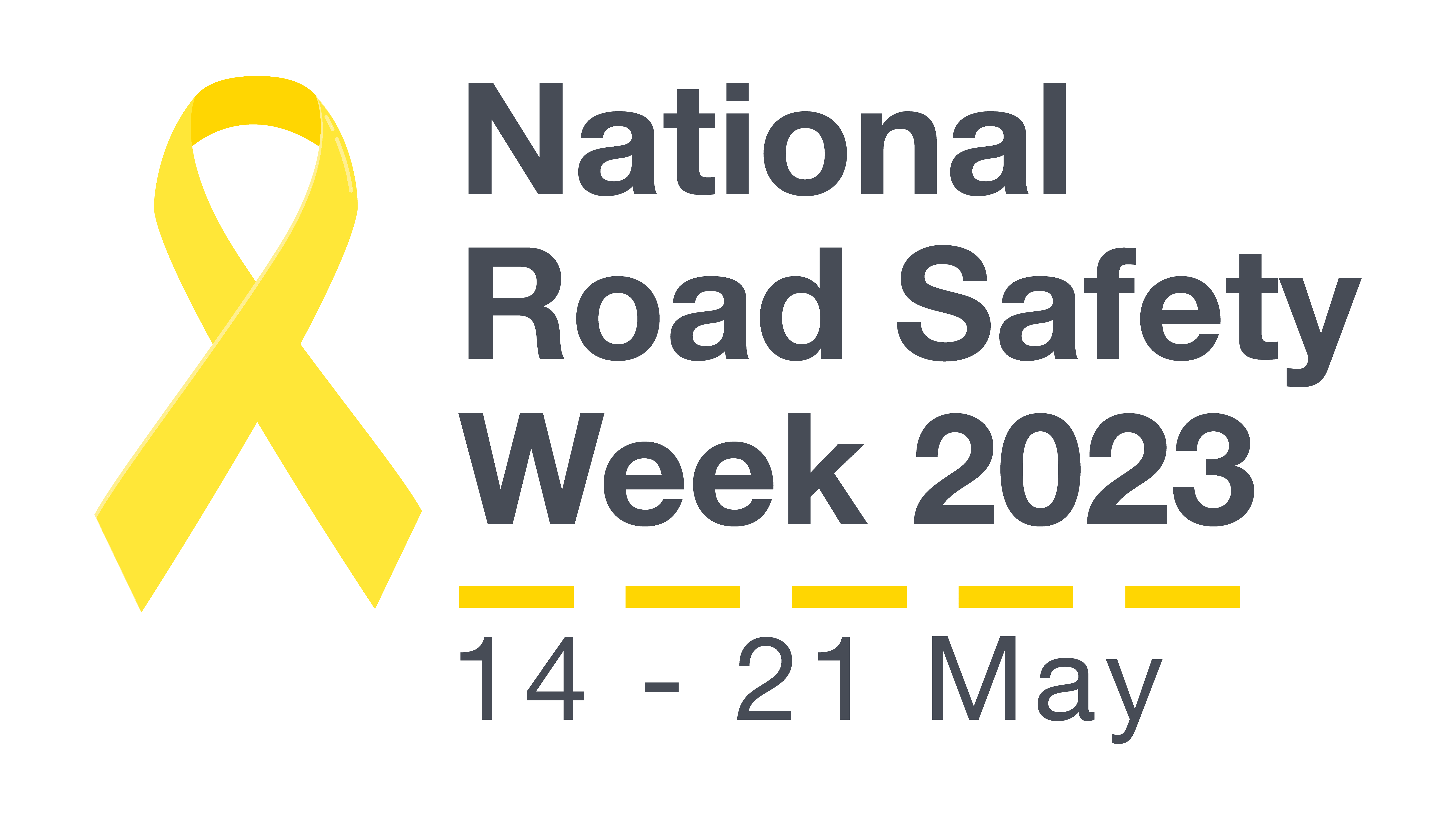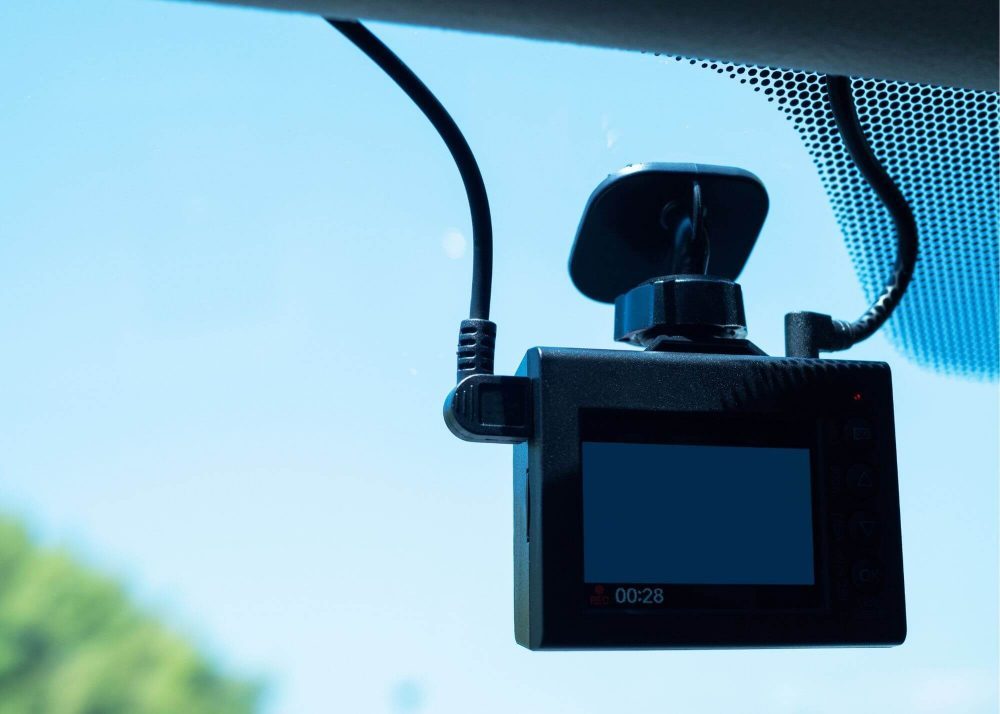Driverless vehicles are hitting the road in countries all around the world. It won’t be long before your taxi will pull up with nobody inside, trucks will drive themselves across the country, and your morning commute on public transport will be passengers only.
The autonomous vehicle industry is booming and it means exciting changes for Australian passengers and businesses alike. For the road traffic control industry, the growth of driverless vehicles could see machinery going autonomous, freeing up a driver to increase the crew’s efficiency.
According to industry estimates by 2020 the driverless vehicle industry will be worth more than $100 billion worldwide. Already some companies are exploring how autonomous vehicles can deliver packages, haul material and transport people.
What is driverless technology?
In simple terms, autonomous vehicles use a bunch of sensors to tell a computer program how to drive. The sensors register light, distance, speed, sound and direction which feeds into a program designed to interpret all those things like a human would. It is a similar concept to reversing sensors or automatic wipers.
Driverless technology is not quite road-ready for you to sit back and watch a movie while you wave to Sydney’s traffic controllers hard at work. There are some cars like Tesla’s Model S which feature autopilot functionality, a precursor to fully autonomous vehicles. These still require a human driver to be touching the wheel but take over some of the controls at low speeds.
The road to the future
Although still fairly new, driverless vehicles are already revolutionising the way we think about transport and car ownership, boosting the popularity of electric cars in the process. Here are some examples:
• Shared car ownership or no car ownership! Autonomous vehicles can be shared between users, because they can drive themselves to the next pickup point.
• Emergency support and road works – What if Sydney’s traffic controllers and emergency workers could partner with data companies to predict where accidents might occur and get there faster?
• Planning and government services – How will we plan for a driverless future? Roads, recharging stations and airspace will all operate differently with the increased presence of robot vehicles.
Benefits and risks
Driverless vehicles will soon make transport more efficient than ever, and ideally safer too. Autonomous trucks will reduce strain on long-haul drivers by taking the wheel on lengthy routes. The technology will allow faster delivery – imagine ordering a pizza and having it delivered in minutes by a driverless car, then carried up to your apartment by a drone! Mercedes-Benz recently unveiled a concept van to do exactly that.
As with any new technology, there are kinks to work out before driverless vehicles go mainstream. Machinery is also going driverless which presents its own complications. Take road work machinery; there are so many moving parts like scoops and drills, and their sheer size makes safety the number one issue. Australian roads need to be safe for human and robot drivers alike so companies implementing this technology need to be absolutely sure it will not cause harm.
Cars, buses and trucks are starting to be tested in real-life situations and the technology will soon be available to the general public. Autonomous vehicles will innovate the way we live and work in exciting ways.










